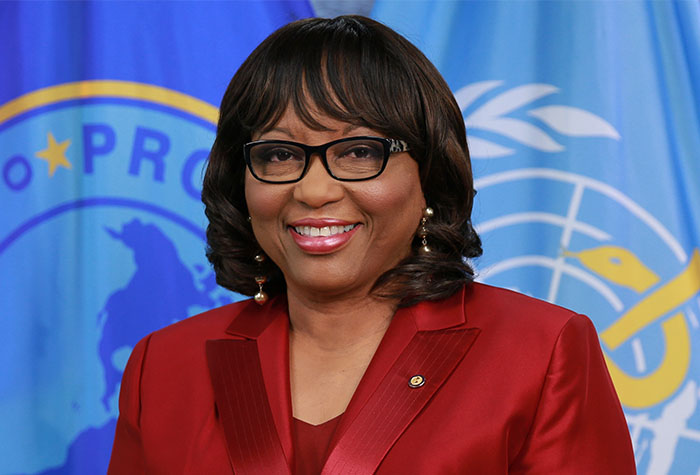Regional Countries Have Bolstered Public Health Expenditure In Response To COVID-19
By: , November 11, 2021The Full Story
Public health expenditure in countries across the region has increased since the onset of the coronavirus (COVID-19) pandemic as states bolster their capacity to respond, including deploying vaccines and maintaining essential health services.
Pan American Health Organization (PAHO) Director, Dr. Carissa Etienne, in making the disclosure at the entity’s weekly COVID-19 digital media briefing on Wednesday (November 10), said that many governments obtained support for new loans or reprogrammed existing loans from international financial institutions.
She noted that several countries are moving forward with special allocations and programmes to reinforce health services, particularly at the primary (clinic/health centre) level, noting that expenditures have been as much as 13 per cent in some instances.
She emphasised, however, that “this cannot be a short-term trend”, adding that all countries should seek to increase public expenditures to the recommended six per cent of gross domestic product (GDP), or higher.
Additionally, the Director said they should ensure that 30 per cent of this provision is channelled into primary healthcare delivery.
“Primary care… is the backbone of our health systems. Strong primary care services can meet most people’s health needs, close to the communities that they serve. It’s also at the primary healthcare level that prevention takes a big focus,” she stated.
Dr. Etienne said this is the case, especially during a pandemic [such as COVID-19], “as it is at the primary-care level that COVID testing, contact tracking and tracing and immunisation take place”.
The Director pointed out that the pandemic has weakened health systems across the region, noting that as countries worked rapidly to boost intensive care unit (ICU) bed capacity and ramp up hospital services to care for COVID-19 patients, “other essential health services have suffered”.
She indicated that more than half of regional countries reported disruptions to mental health services and routine immunisation programmes.
Additionally, Dr. Etienne said reproductive health services, nutrition care and support for managing chronic conditions were interrupted in more than 40 per cent of countries.
“These services have one thing in common – they are offered at the first [primary] level of care. So, when countries deprioritise these services [in addressing COVID-19], they leave patients with fewer of the services and care they need to stay healthy,” she pointed out.
As such, Dr. Etienne said building more resilient health systems must start at the primary level and stressed that to address inequities relating to access and costs, “countries must prioritise public investments in their health systems, to leave no one behind”.
She maintained that increased public investments were key during the pandemic and will remain so long after it recedes.
The Director indicated that financial institutions are making additional loans available, and donors are pledging their support, “so there’s never been a better time for countries to take advantage of these resources to maximise their public investments in health”.
Dr. Etienne said, however, that increased expenditure must be complemented by smart spending, citing the need for prudent governance in this regard.
“Our health systems should be properly managed and guided by evidence to ensure they are effective and can keep us safe,” she underscored.
Additionally, the Director said greater dialogue is needed involving health and finance institutions, industry partners and civil society.
Such collaboration is important, she said, “so that decisions affecting our health systems reflect the expertise of our health authorities, and that health policies are transparent, harmonised, and efficient”.
“As economies remain strained, countries face choices about how to spend limited funds… and these are tough choices. But we cannot forget that health is an investment, not an expense,” Dr. Etienne stressed.


